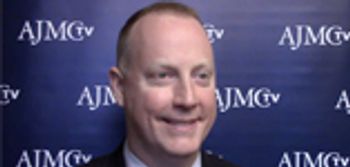
Patrick Conway, MD, explains why CMS looked toward value-based insurance design for Medicare Advantage plans.

Patrick Conway, MD, explains why CMS looked toward value-based insurance design for Medicare Advantage plans.
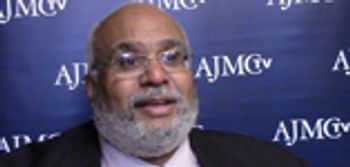
A lack of diversity among healthcare providers can adverse effects for the communities they serve, explained Georges Benjamin, MD, executive director of the American Public Health Association.

Julia Adler-Milstein, PhD, explains the importance of technology as a supporting factor in healthcare delivery, saying that it will enable patients to access their data and become more involved in their healthcare.

Howard C. Springer, the administrative director of strategy for accountable care services for Swedish Medical Center in Seattle, explained that the benefit he got out of attending one of the past ACO and Emerging Healthcare Delivery Coalition live meetings was the knowledge from people who have been in the business for a while.

The Network for Regional Healthcare Improvement (NRHI) has been leading a project to measure and report on total cost of care across different regions, and the end result could inform payment change, care delivery design, and health policy, explained Elizabeth Mitchell, president and CEO of NRHI.
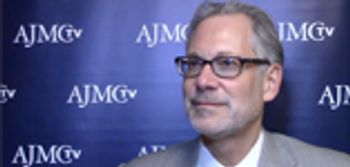
The healthcare industry is undergoing payment reform, which includes important initiatives like addressing social determinants of health, but may not be keeping the patient perspective central as these changes are made, Lewis Sandy, MD, senior vice president of Clinical Advancement at UnitedHealth Group, said at the AcademyHealth National Health Policy Conference.
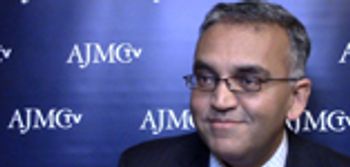
Ashish K. Jha, MD, MPH, discusses how the World Health Organization and other public health agencies are handling the Zika virus, and what role the media plays in their responses to global pandemics.

There is a huge range in readiness when it comes to making the move to merit-based incentive payments, but in order to successful make the transition successfully, organizations need the structures in place, the leadership on board, and relationships with the community, explained Elizabeth Mitchell, president and CEO of the Network for Regional Healthcare Improvement.

While the pace of payment reform is moving quickly, Patrick Conway, MD, MSc, deputy administrator for innovation and quality and chief medical officer at CMS, said he thinks about how to maintain that pace.
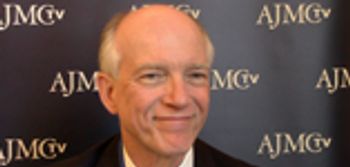
With all the complexity in healthcare, it can be easy to lose track of what is important, which is helping the patient. However, Patient-Centered Diabetes Care brings the patient back into focus, David Brumley, MD, senior medical director at Tufts Health Plan, said after the 2015 meeting in Boston.
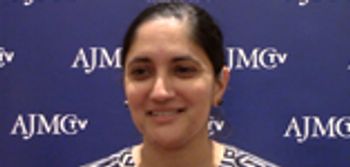
Kavita Patel, MD, fellow in economic studies and managing director at Brookings Institution, discussed how the cost of drugs should be accounted for in the total cost of care, and the importance of considering patient needs when offering drugs.
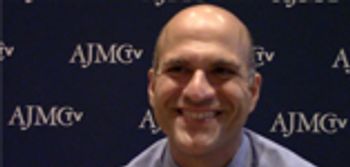
Farzad Mostashari, MD, co-founder and CEO of Aledade, discusses the benefits of Aledade’s technology, combined with its strategies and analytics, and how these tools are implemented among the practices with which Aledade is working.
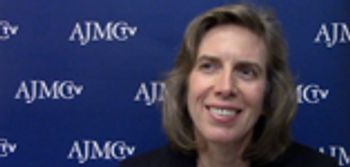
People who are purchasing health insurance under the Affordable Care Act may be leaving money on the table because they choose plans with less expensive premiums and miss out on government subsidies, said Sara R. Collins, PhD, vice president of Health Care Coverage Access at The Commonwealth Fund.

New guidelines from the National Comprehensive Cancer Network regarding cardiac toxicity for patients with cancer or cancer survivors should have cancer institutions talking about how to implement cardiac follow-up for patients, said Crystal S. Denlinger, of FOx Chase Cancer Center.
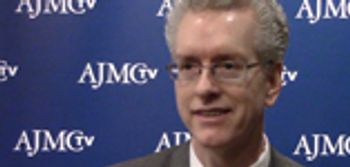
The increase in medical expenditures and the move to new care models in oncology will necessitate a change in culture for practice staff, said Charles Bane, MD, Dayton Physicians Network in Ohio.
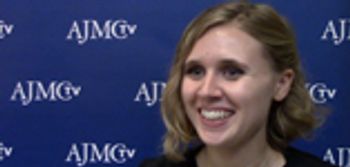
Lydia Mitts, senior policy analyst at Families USA, explains the concept of a smarter deductible and the short-term impact of lower- and middle-income consumers switching plans and their understanding of their benefits.
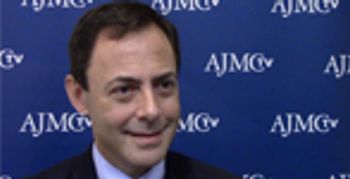
Most employers now understand what value-based insurance design plans are, but they now have to explain it to their employees, according to Richard Feifer, MD, MPH, chief medical officer and national medical director for national accounts at Aetna, at the Value-Based Insurance Design Summit at the University of Michigan.
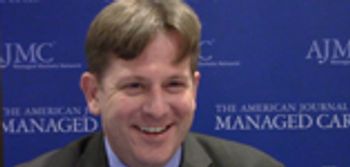
Neglecting patient and caregiver preferences hamstrings the development of medical technologies and engaging these stakeholders is vital, said John Bridges, PhD, associate professor of the Johns Hopkins Bloomberg School of Public Health.
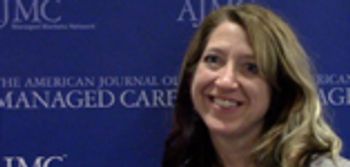
In just 5 years there have been amazing improvements in the healthcare industry’s ability to conduct comparative effectiveness research, said Sarah Greene, MPH, former associate director, CER Methods & Infrastructure Program at the Patient-Centered Outcomes Research Institute.
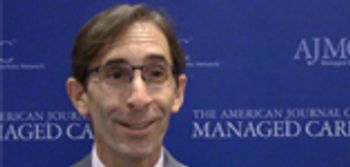
Historically, the biggest barrier to enrolling diverse populations in clinical trials has been a lack of establishing trusting relationships between researchers and communities and their residents, explained C. Daniel Mullins, PhD, professor in the Pharmaceutical Health Services Research Department at the University of Maryland School of Pharmacy.
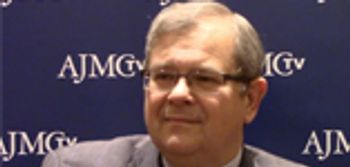
There are 3 potential solutions for reforming the 340B drug pricing program, according to Michael Kolodziej, MD, national medical director of oncology solutions in the Office of the Chief Medical Officer at Aetna.
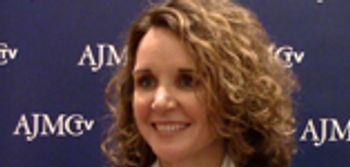
Stacey W. McCullough, PharmD, senior vice president of pharmacy at Tennessee Oncology, discussed strategies for managing high-cost treatments, the impact of me-too drugs, and how clinical pathways can help physicians make treatment decisions at the point of care.
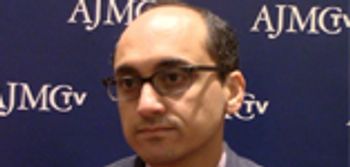
When considering how to rectify the rising prices of drugs, there are a number of interventions at multiple levels that can work to decrease costs to patients and the price of the drug, explained Yousuf Zafar, MD, MHS, associate professor in the Division of Medical Oncology at Duke Cancer Institute.
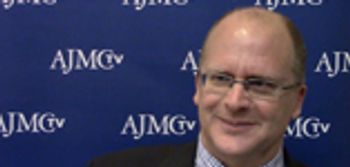
During the 5-year value-based insurance design demonstration in Medicare Advantage, the hope is that the models will show that lower cost-sharing for high-value services and providers meets the triple aim, explained A. Mark Fendrick, MD, director of the Center for Value-Based Insurance Design at the University of Michigan.
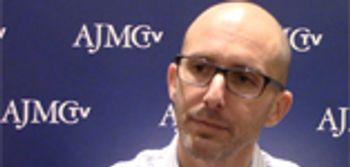
The challenge with data in oncology is making sense of it and connecting it in a way that clinicians can make insights that inform the care they provide patients in real time, said Robert J. Green, MD, vice president of clinical strategy and senior medical director at Flatiron Health.
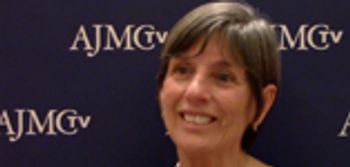
While some of the misconceptions of palliative care have been cleared up over the years, it is still very much associated with end-of-life care, explained Judith Peres, LCSW-C, clinical social worker and health policy consultant.
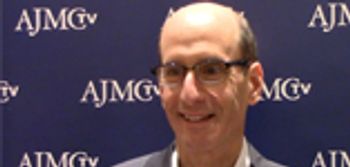
There are a number of areas where pharmacy benefit managers can help support employers with the high-cost of specialty pharmacy drugs, but so far they have only been doing a good job in some priority areas, said Bruce Sherman, MD, FCCP, FACOEM.
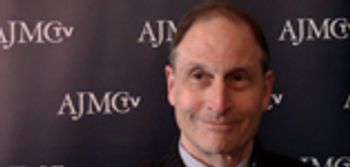
The 17% decline in hospital-acquired conditions from 2010 to 2014 is the result of a decades long campaign and means lives saved, the avoidance of pain and suffering, and less costly care, said David Blumenthal, MD, MPP, president of The Commonwealth Fund.

The current dialogue occurring between payers and providers is critical in today's healthcare environment, and it's an interaction that certainly was not happening just 5 or 6 years ago, according to Ted Okon, executive director of the Community Oncology Alliance.
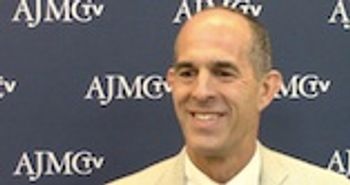
Initial adoption of clinical pathways grew from payers mandating their use with individual providers, but there is now greater interest from accountable care organizations and others to use pathways to reduce variation and cost while improving outcomes, explained Robert Dubois, MD, PhD, chief science officer and executive vice president of the National Pharmaceutical Council.

259 Prospect Plains Rd, Bldg H
Cranbury, NJ 08512
© 2025 MJH Life Sciences®
All rights reserved.
